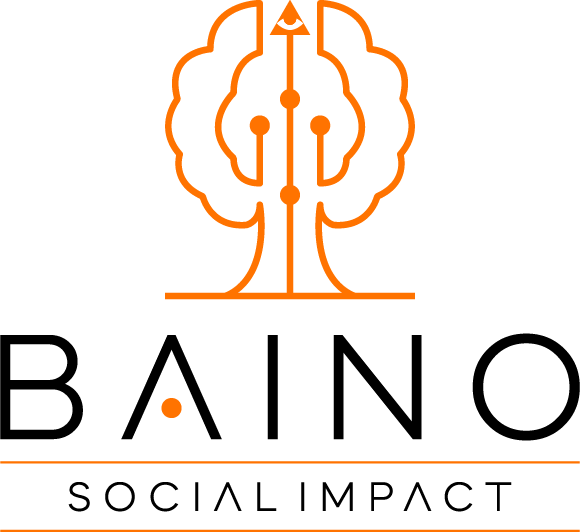We exist to eradicate the three major problems of illiteracy, poverty & poor health.
Public libraries are one of the basic requirements of all literate communities in the world. The Busoga region, whose primary objective is to become one of the most respectable literate societies in the world, must have a public library. It is a necessity.
A library is a collection of materials, periodicals, films, recorded music, books, or media that are easily accessible for use and not just for display. Public libraries also host and provide various services users require in their communities.
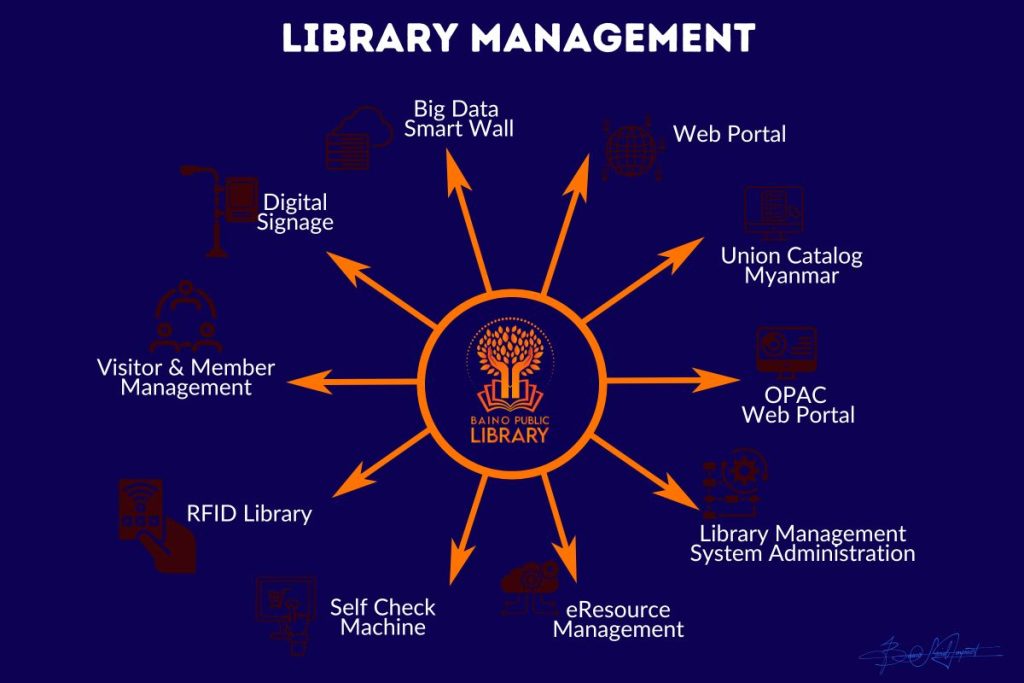
Efficient public libraries have management systems that help maintain library data for the library’s collection and patron information. Such systems help to enhance the efficiency of both librarians and library users.
Take, for example, the Integrated Library System (ILS), an automated system combining modules for cataloguing, acquisition, circulation, end-user searching, database access, and other library functions through standard interfaces and databases. The Online Public Access Catalogue (OPAC) is simply the library catalogue, and additional Library Serials Control Systems help manage traditional subscriptions to library material, off and online, with ease and efficiency.
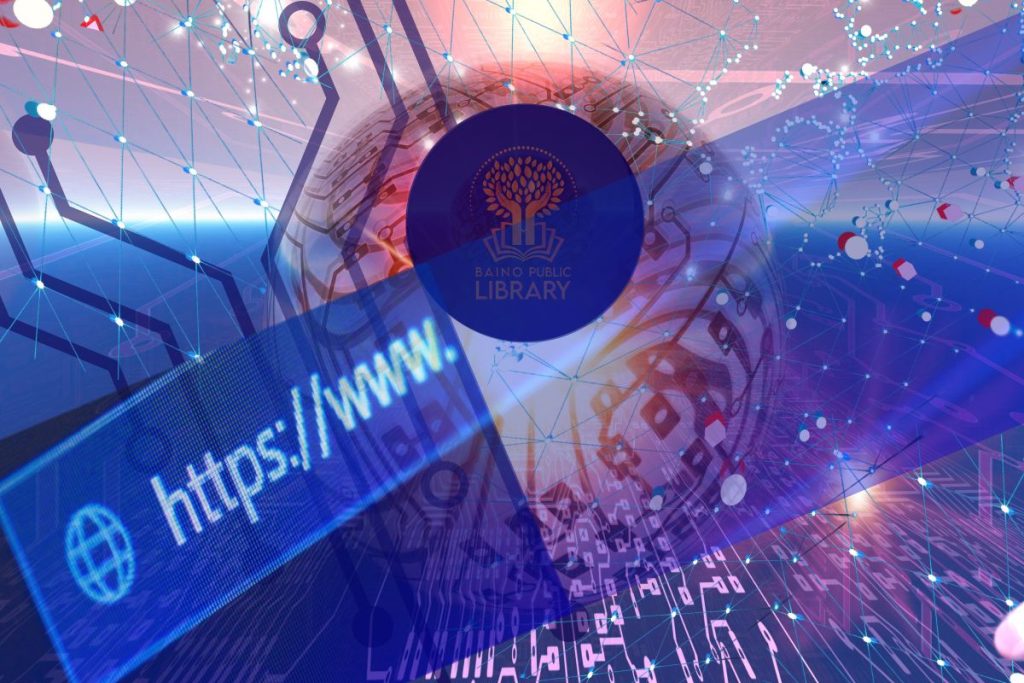
With the World Wide Web sweeping in and demanding recognition as the most visited singular portal to the world’s content, library systems should change how they operate and envision their future.
With so many exciting new gadgets and concepts such as e-book readers, tablet PCs, open-source, and more, modern information consumers have plenty of resources in the palms of their hands to excite, meet, and fulfil their demand for literature and other library services.
The internet has allowed us to identify crises within all information-gathering agencies. It is enforcing the need to redefine the central purpose of all these agencies.
Institutions that deal in information, like libraries, bookstores, music labels, the movie business, public broadcasters, schools, and universities, have always defined their existence by their various functions within a given information ecosystem.
In this ever-changing modern world of the World Wide Web, however, where digital products dominate all media forms, the operation landscape has drastically changed. Information is now more abundant, and information distribution channels have mushroomed beyond what the past futurists expected.
As the Busoga region embraces the path to its vision, including establishing a public library system, these modern changes must be taken seriously. The opportunities they provide must be capitalised on.
Other than being aware of modern changes, there is a need to be active in anticipating the future and, most importantly, preparing for it.
Adaption is the name of the game, and the flexibility of one’s mindset drives it.
In other words, the ‘why’ this library must be developed should define and lead the ‘how’.
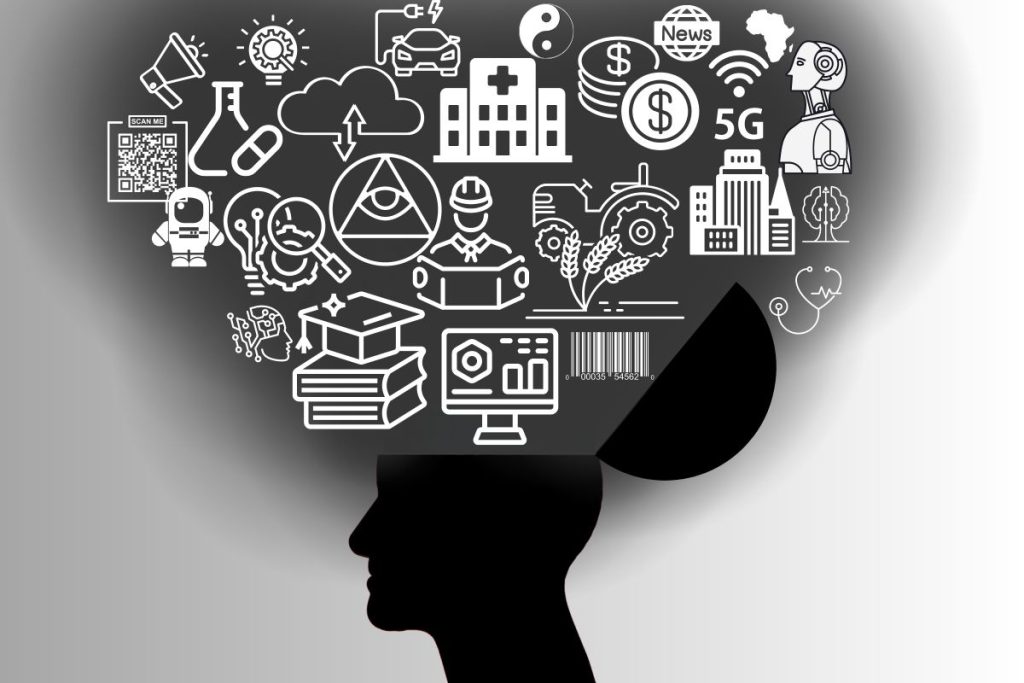
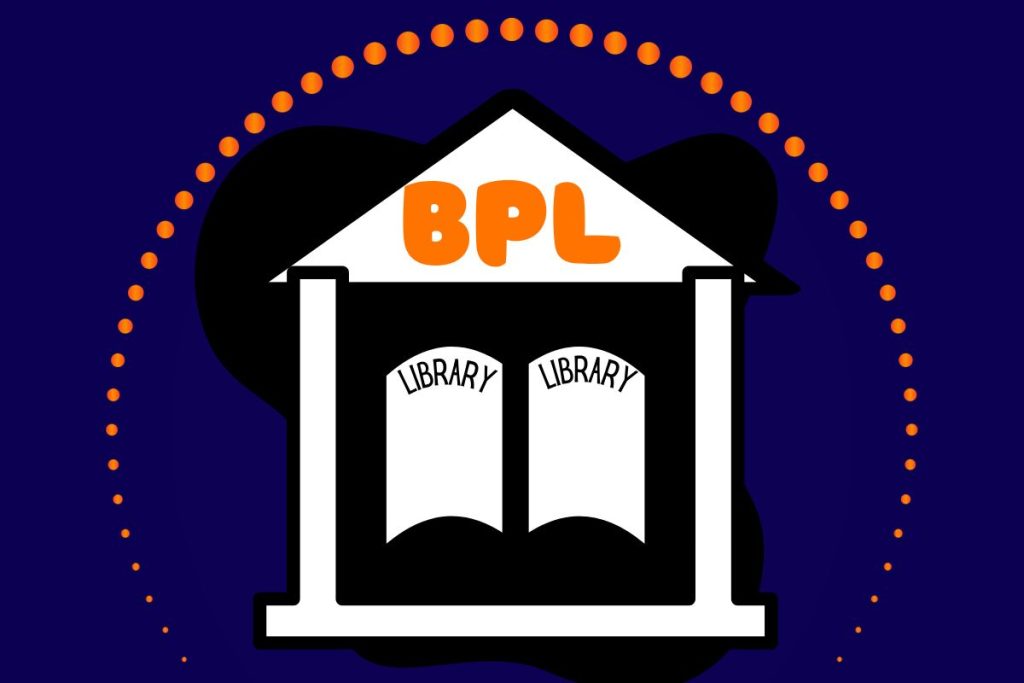
Given the current circumstances in the Busoga region, and in connection with its defined vision, a public library is particularly needed to, first and foremost, help in collecting and disseminating information (print or digital) for free or close to free. The public library will also store that information in an orderly manner, provide community space for people to interact around it, and give them the tools necessary to manage that information practically.
Indeed, as information overload continues to surge, providing social context and physical interaction in a public space is a valuable service – sorting, aggregating, and presenting the correct information to the right audience at the right time.
The Busoga Library’s role should also be that of a curator, editor, and selector, especially to the young segment of the population.
Purpose of the Library
The purpose of a library is to be a public nurturing place that helps enhance civic engagement, promote public activities for the good of all, highlight the value of literacy, and encourage moral uprightness.
A library is a public place that is free and welcoming for intellectual stimulation and curiosity, innovation and problem-solving, debate, and the creation of new developmental concepts. It responds to community needs and is not just a place to check out books.
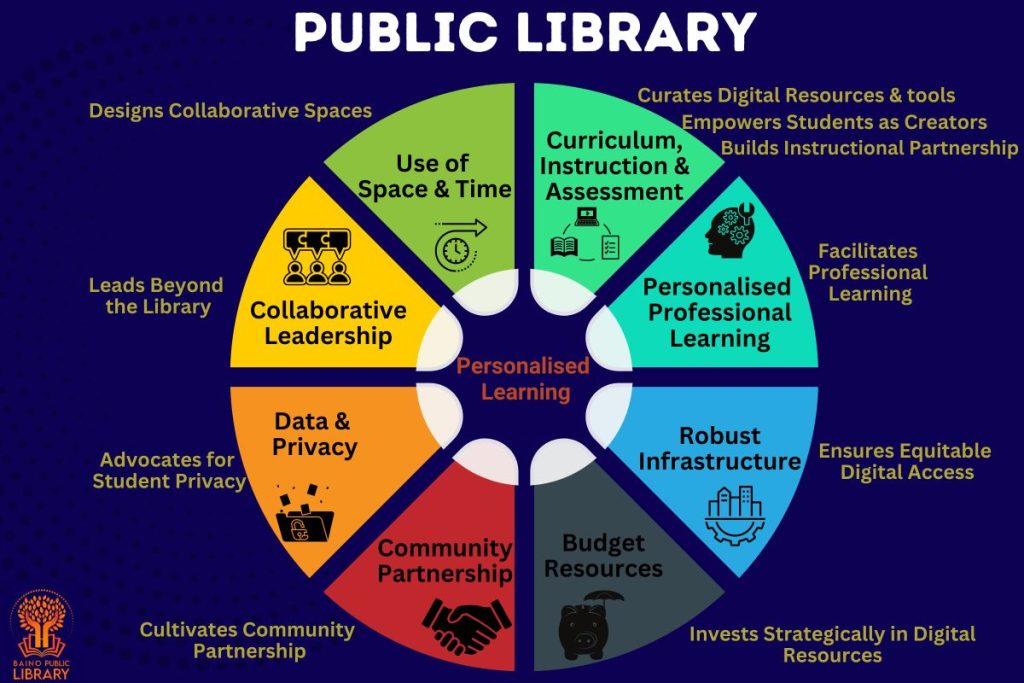
Busoga region must build more community cornerstones to help bind people together to solve general pressing issues.
Public libraries are community centres that stand as an integral pillar focusing on general learning rather than just literature.
A public library in Busoga must serve these roles – beyond collecting, preserving, and promoting knowledge.
It must be one of the connectors of people in the region for socio-political and economic reasons. For progress.
Any modern world should reposition itself and deliver informal, non-traditional educational experiences and traditional education.
